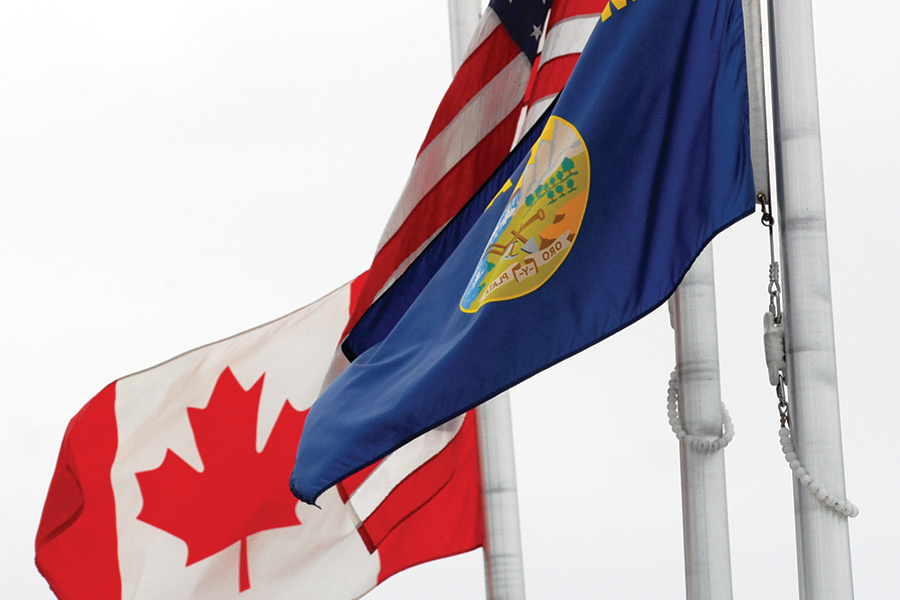The recent election of a Liberal prime minister in Canada could put a renewed focus on climate change, according to a political scientist at the University of Lethbridge.
On Oct. 19, Liberal leader Justin Trudeau was elected as Canada’s 23rd prime minister and will take office next month. Trudeau, 43, is the eldest son of former Prime Minister Pierre Trudeau, who dominated that nation’s politics for nearly two decades in the 1970s and 1980s.
The younger Trudeau unseated the conservative Prime Minister Stephen Harper who had held power for nearly a decade. Harper was reelected in his Calgary district in the House of Commons, but stepped down as leader of the Conservative Party after it lost power last week. Over the last few years, one of the most important issues for the prime minister from Alberta was getting the Keystone XL pipeline approved in the United States. The pipeline, which faced stiff opposition from environmentalists, would bring Alberta oil through eastern Montana on its way to the Gulf of Mexico.
“Everything in United States–Canadian relations in the last five years has been seen through the prism of the Keystone pipeline and while Justin Trudeau supports it, he’s not as dedicated to it as Harper,” said University of Lethbridge political scientist Harold Jansen.
If the U.S. State Department does reject the pipeline, some political scientists doubt Trudeau will fight hard to reverse the decision.
Jansen said the most noticeable change in policy relations between the United States and Canada may relate to environmental issues. Trudeau and New Democratic Party leader Thomas Mulcair (who won 44 seats in the House of Commons during the 2015 election) both campaigned on a message of doing more to fight climate change.
“The conservatives were ambivalent to the threat of climate change and didn’t want to do anything about it if it would negatively impact Canadian business,” Jansen said. “Trudeau and (President Barack) Obama are much more intellectually aligned than Harper and Obama were.”
Jansen said it was important to note that any new environmental policies would have to include provincial officials, who still hold a lot of power. However, if Trudeau did want to push environmental policies, he would have little resistance in the federal government since his party holds a majority in the House of Commons.
While Obama and Trudeau are more aligned politically, they may not have long to work together with the American presidential election right around the corner.
“The long term future of United States–Canadian relations will really depend on who takes the White House next year,” Jansen said.
